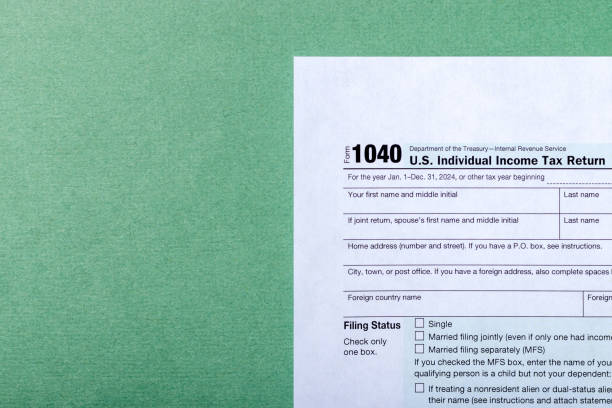(This is the first of our “Sweet 16” year-end tax planning ideas for individual taxpayers and small business owners. These articles can help you foster and sustain strong relationships with clients).
The autumn is the traditional time for investors to harvest capital losses from securities transactions to offset capital gains realized earlier in the year. It’s a year-end tax strategy that seems as timeless as the seasons themselves. But harvesting losses a little earlier than usual, instead of waiting until winter approaches, may reap some extra tax benefits.
|
—– See the Complete List of Articles in the 2015 Year-End Tax Planning Series —— |
Begin with the basic principle that capital gains and losses from sales of securities and other capital assets are treated as short-term gains or losses if you’ve held the asset a year or less and long-term if you’ve owned it for more than a year. Gains and losses are “netted” when your tax return is filed to produce the final results. If you have a net loss, you may then offset up to $3,000 of highly-taxed ordinary income before carrying over any remaining loss to the next year. Currently, the top tax rate on ordinary income is 39.6% (plus a 3.8% surtax may apply to the net investment income of certain upper-income taxpayers).
Now is a good time for clients to take stock of their situation to determine the optimal moves. Depending on your situation, you might realize gains or losses, either short-term or long-term, based on your needs.
For instance, if you already show several capital gains on the ledger and you’re holding a stock with a paper loss, you might cash in that stock and harvest either a short-term or a long-term loss. This strategy is especially beneficial if the loss offsets a highly-taxed short-term capital gain. As mentioned above, short-term capital gains are taxed at ordinary income rates reaching up to 39.6 percent. Conversely, the maximum tax rate on long-term capital gain is only 15 percent, or 20 percent if you are in the top ordinary income tax bracket.
Frequently, investors wait until very late in the year to harvest losses, when they have a better picture of their overall position. But you might pull the trigger a little earlier to give yourself more flexibility. For example, if you realize a loss in October, you might still have room to pull down a sizeable capital gain before 2016. The subsequent December gain would be offset in part or in whole by the October loss.
Or you may decide to realize another loss in December that will result in a carryover to next year if that better suits your purposes.
Finally, don’t forget about any losses you’ve carried over from your 2014 return. With a carryover loss in your hip pocket, you might decide to forego a stock loss this year if you believe that particular stock is poised to bounce back. Losses are carried over indefinitely from year-to-year until they are completely exhausted.
Of course, securities transactions should be based on investment fundamentals, not just taxes, but you should definitely figure taxes into the equation. Keeping that in mind, our next year-end strategy will focus on harvesting capital gains.
—– Other Articles in the 2015 Year-End Tax Planning Series ——
Harvest Time: Pick Up a Bushel of Capital Gains Tax Savings
When Increasing a Taxpayer’s Alternative Minimum Tax Liability is the Best Strategy
The Easiest Way to Lower Income Tax Liability – Charitable Deductions
Don’t Miss the Tax Deadline on Required Minimum Distributions
How to Convert “Just Enough” to a Roth IRA
Time to Rethink Tax Planning Strategies and Itemized Deductions
How to Secure Extra Tax Exemptions at Year-End
How to Get the Most from Higher Education Tax Credits
A Small Business Prescription for Health Insurance Premium Tax Credits
How to Collect Tax Benefits for Business Bad Debts
Year-End Insights for State and Local Taxes
Thanks for reading CPA Practice Advisor!
Subscribe Already registered? Log In
Need more information? Read the FAQs
Tags: Tax Planning




